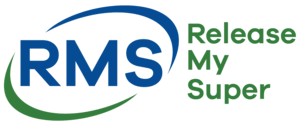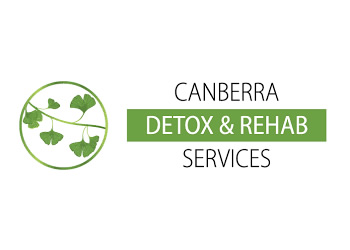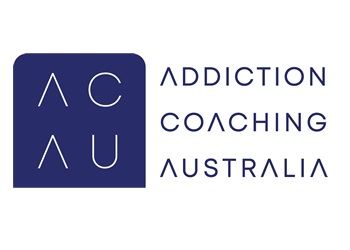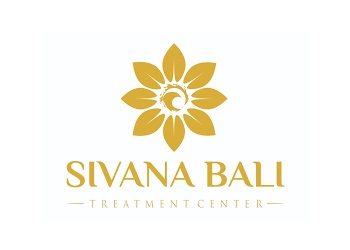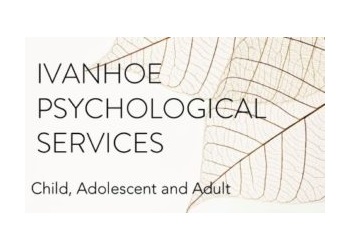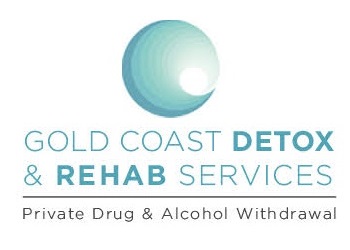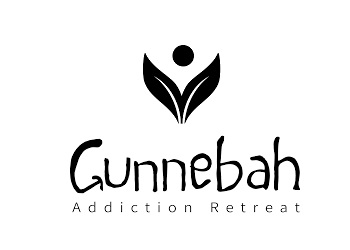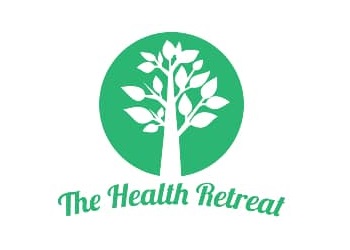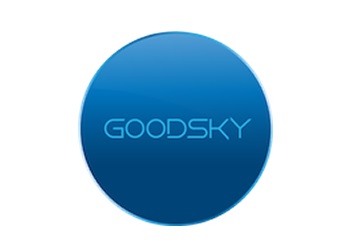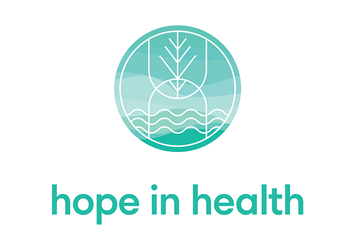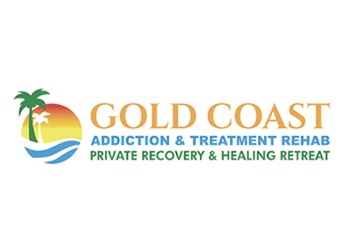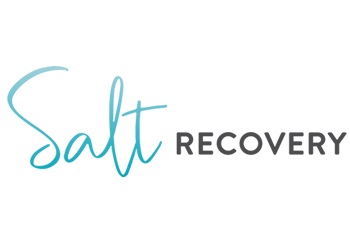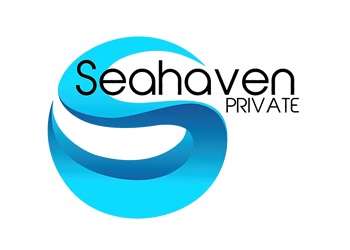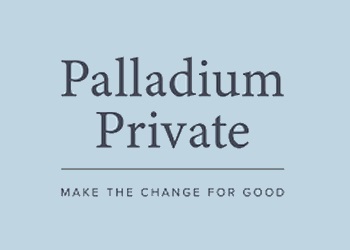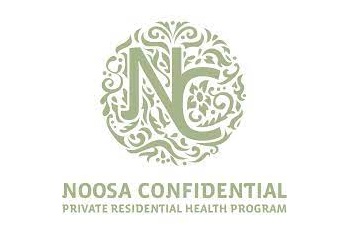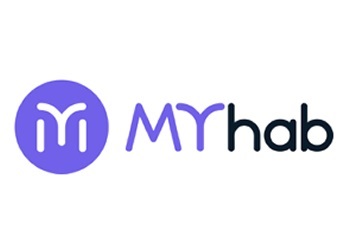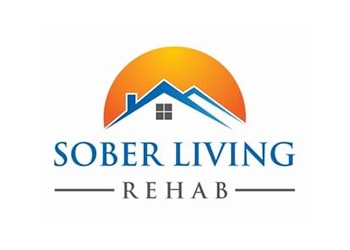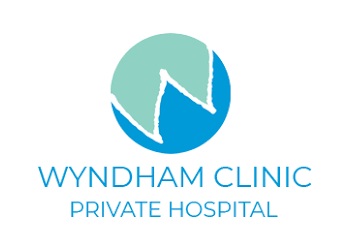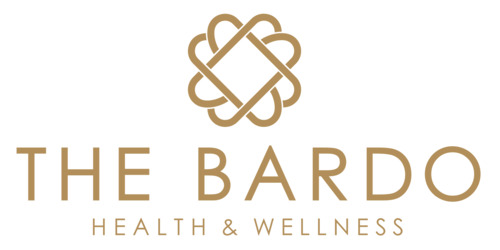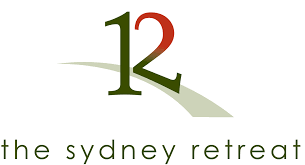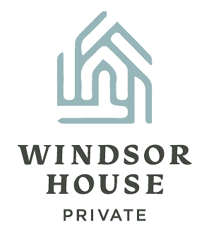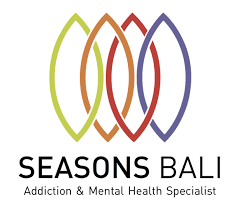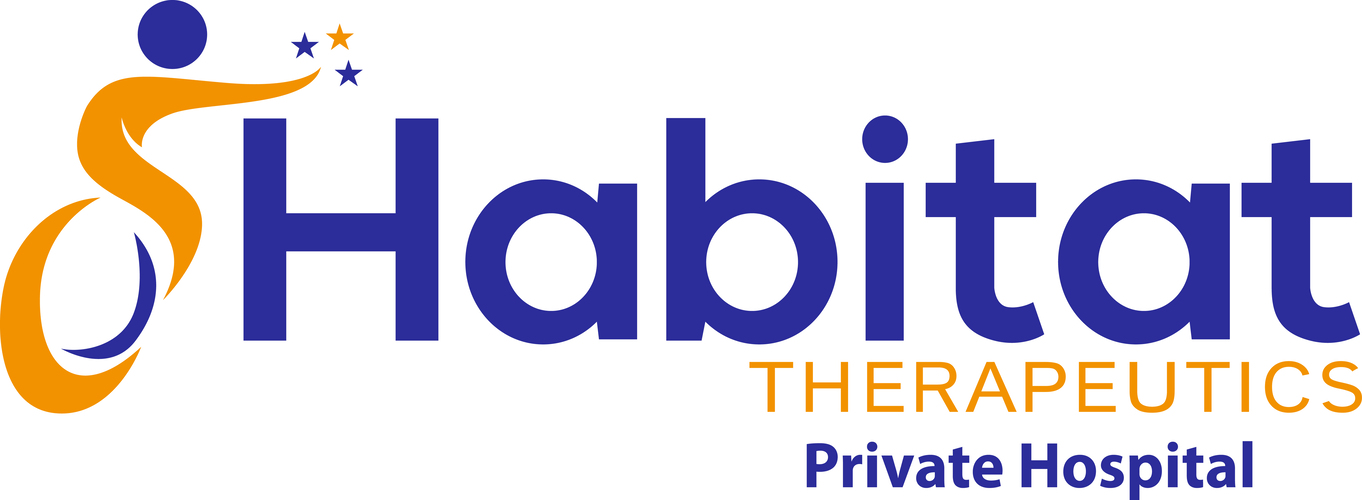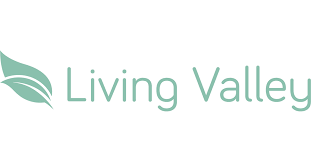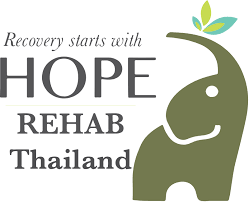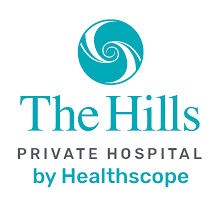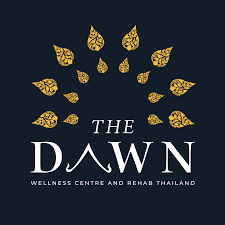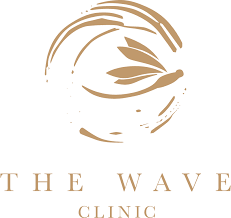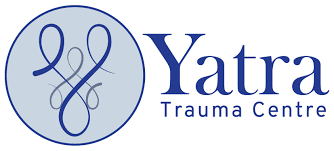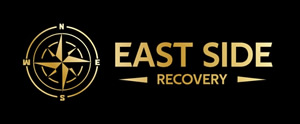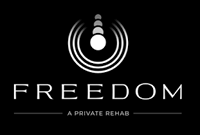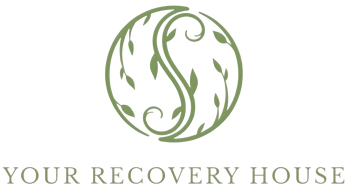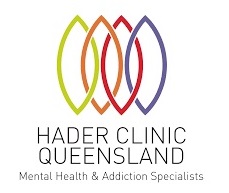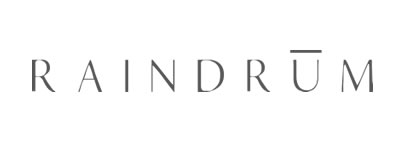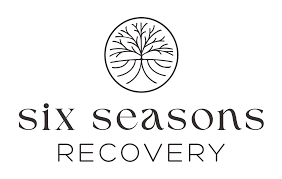Many people with a history of drug or alcohol abuse have poor discipline and self-care habits. A critical part of self-care for a person in recovery is setting and accomplishing goals.
Many people have tried to set goals on their own and struggle because they did not approach goal setting with the proper mindset or conviction. The repetitive cycle of wanting to change habits but continually falling short gradually weakens a person’s resolve to the point where many stop trying and fall back into their old self-destructive behaviours.
Rehabilitation can help teach you how to set short and long-term goals in relation to your recovery and how to accomplish those goals. The goals that treatment facilities focus on include objectives for your physical and emotional health, relationships, and spiritual aspirations.
Ultimately, rehab is designed for your success after leaving. You will learn the tools needed to manage stress, avoid triggering environments, managing triggers when unavoidable, prevent relapse, cope in healthy ways, and create new thought patterns to enable your success upon departure.
The new habits that you learn in rehab will help you cope with the day-to-day struggles of recovering from addiction post-treatment and how to address the situations that may have contributed to your substance abuse problem in a healthy way.
A Focus on Health
An additional benefit of attending rehab is the focus that treatment programs place on health and nutrition. Regular consumption of drugs and alcohol deprives the body of key nutrients. Unhealthy diets can cause headaches, sleep problems, and low energy levels, which are all factors that can inhibit proper recovery.
In a rehab facility, meals are predetermined and balanced to ensure that you are receiving the optimal fuel for your body to recover. Studies have shown that recovering individuals do best on a low-glycaemic, dopamine-boosting diet that includes most protein sources, foods that are rich in fibre, and non-saturated fats.
Receiving proper nutrition is essential to a successful recovery; a balanced diet improves both mood and overall health, which can reduce drug cravings and help prevent relapse.
Exercise also provides multiple benefits for patients in recovery. Rehab facilities often offer services such as tennis, yoga, swimming lessons, and other forms of physical activity to help people develop a healthy and strong body in the aftermath of addiction.
Exercise has the advantage of being quantifiable and measurable. Through this, those in recovery learn that they do not need drugs or alcohol in order to feel good about themselves. They can see improvements in their physical body as an example of a healthy mind and body, without the need of artificial boosts from drugs.
Exercise helps people suffering from addiction rebuild faith in themselves and replace their self-destructive habits with healthy ones. Daily bouts of physical activity help fill in the gaps of time that were once previously occupied by patients thinking about and obtaining their substance of choice.
Once a healthy relationship with food and exercise is established, patients can use the nutritional tools that they learned in their everyday lives when returning home from treatment.
Ongoing Support
One of the most important benefits of rehab is the continued support that is offered to patients even after they have left the facility.
The goal of rehabilitation is to give clients tools to help them engage in abstinence and recovery on a long-term basis, including an aftercare program.
Drug and alcohol addiction treatment often provides aftercare via support group meetings and/or referrals to local counsellors to ensure that patients continue to have the ongoing recovery assistance they need after returning home.
These programs help individuals to get past many of the setbacks, including relapse, that can occur post-treatment. For many, this step in the recovery process is one of the most significant, allowing for a successful completion of addiction treatment to turn into a successful future.
Ongoing support is especially important because post-acute withdrawal symptoms (PAWS) can last up to 12-18 months after acute withdrawal (detox). Symptoms that are commonly associated with PAWS include poor sleep, diminished appetite, mood-swings, anxiety, depression, irritability, and poor concentration.
Healthy coping techniques
These symptoms can lead to relapse if the individual is not aware of them and does not manage them with healthy coping techniques. Having ongoing therapeutic support, as well as support from people who have more time in recovery than them (such as a sponsor or other peers in support groups), drastically decrease the risk of relapse.
It is always advised to spend free time with peers who have more clean and sober time than the newly recovering person does because of the saying, “you’re only as strong as your weakest link.”
By hanging out with people who have the same amount, or less, clean time as you, you put yourself at risk for relapsing with your friends. This is extremely common and the reason that people in early recovery should spend time with peers with at least 1 year clean and sober.
Overcome Addiction with the Help of Rehab
Rehab is designed to provide those struggling with substance abuse with the right tools and resources to overcome addiction in rehab. From offering a supportive, safe environment and 24/7 medical assistance, to daily therapy and treatments designed to help a person better understand and overcome the reasons behind their addiction. Rehab can make the journey to sobriety easier than doing it alone. If you are ready to find a rehab and take the first step towards recovering from addiction, contact a treatment provider today.
Alcohol rehab – Gambling rehab – Ice rehab – Opioid rehab
If you wish to discuss the process of making an application for compassionate release of super under chronic mental health for drug or alcohol treatment contact:
Kathie Baker
Release My Super
0475 471 872 | 1300 090 261
Release My Super specialise in the release of superannuation for mental health treatment and drug and alcohol rehab services.
